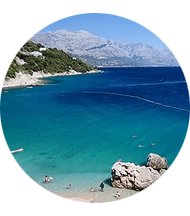
'Lands of Two Seasons'
The UC Natural Reserve System and UCTV have launched a video series about the world's Mediterranean-climate zones, which include much of California.
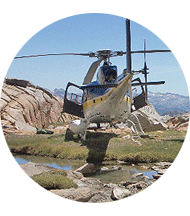
Offering care and calm in the wild
Doctors at a UCSF Fresno program don't just provide emergency care to those who become sick or injured in the backcountry. They research lifesaving techniques and have become leading specialists in wilderness medicine.

Keeping the planet from being cooked
Reducing black carbon could immediately slow global warming and save millions of lives, says a UC San Diego scientist. And simply providing cleaner-burning stoves in rural villages can help do the trick.
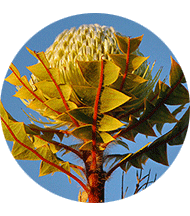
Shaping life: the geology of Mediterranean-climate ecosystems
"Shaping Life: The Geology of Mediterranean-Climate Ecosystems" explains the starring role of geology in the evolution of species in California, central Chile, the Western Cape of South Africa, South and southwestern Australia, and the Mediterranean Basin.
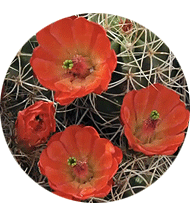
A tale of two UC natural reserves
The James San Jacinto Mountains Reserve and the Sweeney Granite Mountains Reserve in the Mojave Desert are outdoor labs for students and scientists.
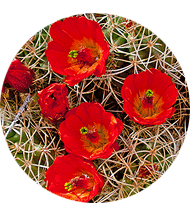
Wild bee research at UC Natural Reserve System
A large amount of native bee research in California occurs in the wild landscapes protected by the UC Natural Reserve System.
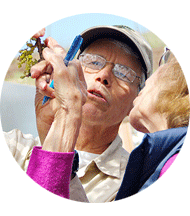
Studying the seasons: how climate change affects natural communities
UC Santa Barbara researchers have launched the California Phenology Project. Scientists, docents, staff, teachers and other citizen researchers will track the life stages of selected plant species at eight UC natural reserves.
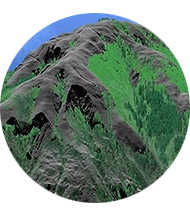
Remote sensing: placing nature at our fingertips
Researchers at UC Natural Reserve System locations use sensors to map land, track animals and collect environmental data.